
Sanctuary of the Madonna dell’Ambro, Montefortino (Italy)
Following the earthquake in 2016, the Sanctuary underwent delicate restoration and seismic upgrading work before being handed back to visitors and worshippers on the 21st of December last year.
Mapei took part in the work by supplying products and the support of a team of engineers and technicians with experience in the field of structural strengthening.
Solutions with FRP, FRCM and CRM technology were employed for the interventions, selecting materials designed specifically for structural strengthening work and also by adopting solutions suitable for treating frescoes and decorative antique surfaces.
Following the earthquake in 2016, the Sanctuary underwent delicate restoration and consolidation work before being handed back to visitors and worshippers on the 24th of December last year.
A CENTURIES-OLD STORY
Situated in the Monti Sibillini National Park, the Sanctuary of the Madonna dell’Ambro is the most ancient place of worship dedicated to the Madonna in the Marche Region (Central Italy). At the beginning of the 11th century a small church, the Church of Santa Maria in Amaro, was built in the place where the Madonna had made an appearance and was entrusted to Benedictine monks from the nearby Santi Vincenzo and Anastasio monastery. At the beginning of the 17th century, under the jurisdiction of the diocese of Fermo, it was decided to construct a larger church. The work was designed by the architect Ventura Venturi from the Santa Casa di Loreto, who was commissioned to design a church that incorporated the original Church of Santa Maria in Amaro and 6 lateral chapels alongside the aisle of the church.
THE EARTHQUAKE THAT CHANGED EVERYTHING
Following the earthquake that struck the area on the 24th of August, 2016, the structure was badly damaged with serious cracks that compromised its general stability.
Montefortino City Council made the Sanctuary safe by implementing a project by Luigino Dezi, a professor in Construction Technology at the Polytechnic University of Marche, and the engineer Massimo Conti.
THE CONSERVATIVE RESTORATION AND SEISMIC UPGRADING PROJECT
The work on the structure included consolidation of the brick vaulted ceiling over the aisle; the insertion of 510 steel chains with 36 mm diameter around the main arches; the construction of a system of kerbs and tie-rods along the top of the roof, partly in breccia rock on the 1.5 m thick walls to avoid creating too much transversal stiffness, and partly in reinforced masonry; the positioning of steel bars in the openings of the upper altar wall and of an embedded tie-rod to counteract out-of-plane loads; consolidation of the lateral chapels and the walls of the upper tombs; stitching of the dividing walls in the chapels; positioning of a band of carbon fibre to prevent the apse from collapsing; the insertion of dywidag anchor bars to prevent the tympanum of the main facade collapsing; the insertion of chains around the belfry and in the filler material used to stitch various cracks.
PARTNERS IN THE RECONSTRUCTION AND THE PROJECT
The sponsor of the initiative, the Cassa di Risparmio di Fermo bank, asked for Mapei’s collaboration to carry out the work and Mapei, as Technical Partner for the project, supplied experts from the company’s Technical Services Department and various cutting-edge product systems.
Consolidation of the vaulted ceiling was carried out in two phases.
Firstly, the damaged areas were repaired with a product chosen for its compatibility with the existing mortar’s mechanical properties and level of porosity, its resistance to physical and chemical aggression (freeze-thaw cycles) acting on the ceiling and its compatibility with the frescoed surfaces. A product suitable for repairing frescoed surfaces was chosen so that, during its application, the substrate would not need to be wetted and, while it was setting, it would not give off free lime that would have caused the formation of efflorescence and potentially damage the decorated surface.
The ceiling was then consolidated by applying on the outer face a composite system with an inorganic matrix. All the products used contained no cement, as specified by the local Heritage Board. For the upper part of the apse, a composite system with an organic matrix was proposed, which consisted of carbon fibre fabric and epoxy resin to guarantee a constraint on mechanisms out-of-plane of the macro-element.
VAULTS, WALLS AND APSE: THE SOLUTIONS FROM MAPEI
COMPOSITE MESH AND CEMENT-FREE MORTARS AND BINDERS FOR THE ANCIENT MASONRY AND TO SAFEGUARD THE FRESCOES
To consolidate the outer face of the existing vaulted roofs PLANITOP HDM RESTAURO was used, a product made of an inorganic matrix of natural hydraulic lime and Eco-Pozzolan. This product, which was applied in an even layer using a flat, metal trowel, allows to smooth and level off masonry surfaces such as stone, brickwork and tuff.
When applied in combination with MAPEGRID B 250 alkali-resistant basalt fibre mesh, as in this case, it is used to strengthen the structure of masonry buildings.
To ensure the strengthening of the side walls, MAPEWRAP B FIOCCO high-strength basalt fibre cords were prepared and then bonded in place with MAPEFIX EP 470 SEISMIC pure epoxy resin-based chemical anchor for structural loads.
MAPE-ANTIQUE F21 salt-resistant, 100% cement-free hydraulic binder made from lime and Eco-Pozzolan was poured into the frescoed vaulted ceilings.
To strengthen the masonry, it was rendered with MAPE-ANTIQUE STRUTTURALE NHL high-performance mortar made of hydraulic lime and Eco-Pozzolan, reinforced with MAPENET EM40 alkali-resistant glass fibre mesh and L-shaped MAPENET EM CONNECTOR fasteners made from alkali-resistant glass fibre and thermosetting vinylester-epoxy resin.
FRP SYSTEM TO FORM STRENGTHENING BANDS AROUND THE APSE
In the apse area a number of bands were applied using a typical FRP SYSTEM, which included the application of MAPEWRAP C UNI-AX 600 unidirectional, high modulus, high-strength carbon fibre fabric, MAPEWRAP PRIMER 1 epoxy primer, MAPEWRAP 11 epoxy grout to level off surfaces and for bonding, MAPEWRAP 31 medium viscosity epoxy adhesive to impregnate and bond the fabric and MAPEWRAPP C FIOCCO high-strength carbon fibre cord to form structural ties.
The FRP bands were then protected by covering them with a layer of MAPE-ANTIQUE ECOLASTIC cement-free, lime and Eco-Pozzolan-based, waterproof elastic coating, which is used to protect construction features and elements, including those of historical and artistic interest.





-copia.jpg?sfvrsn=4efc867a_6)



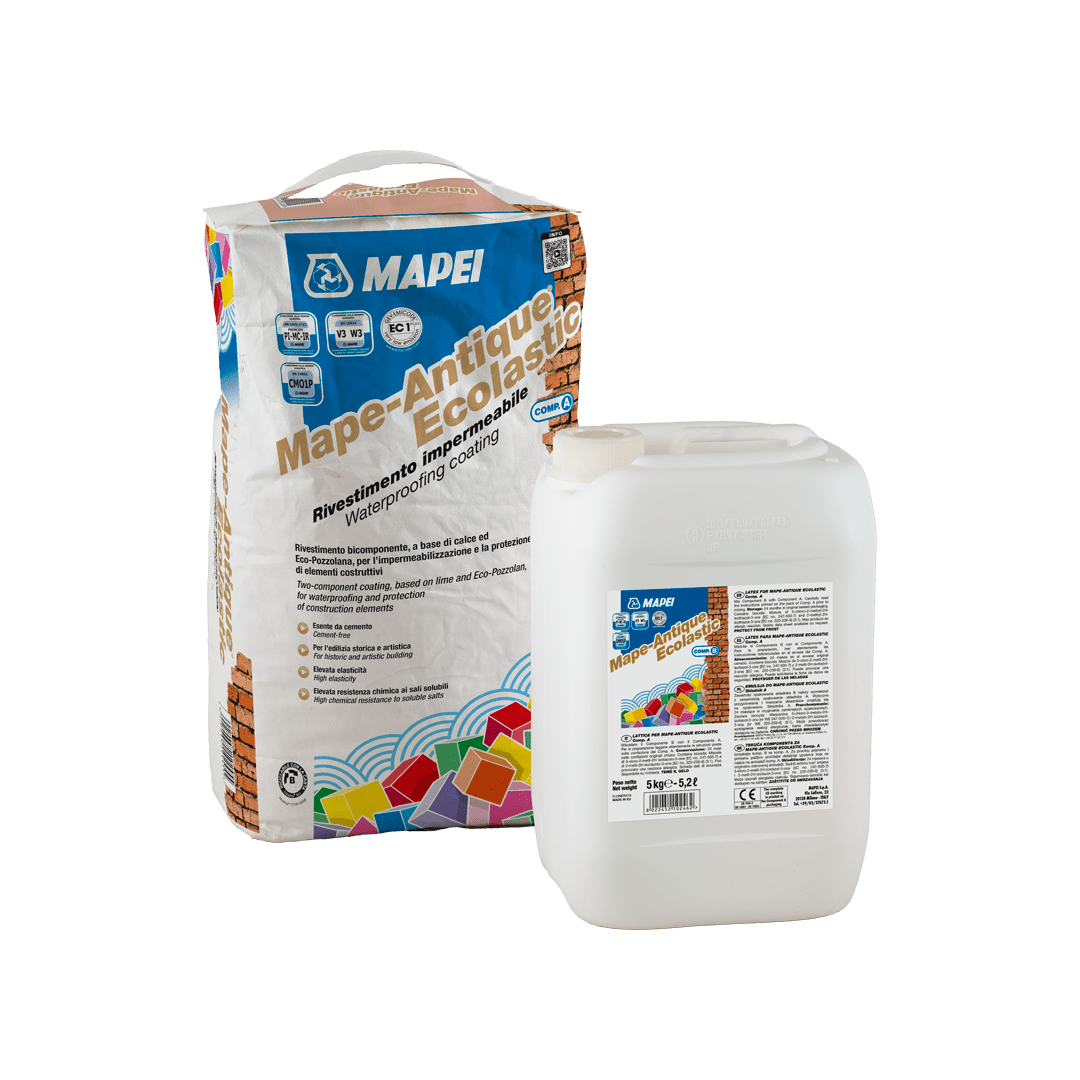
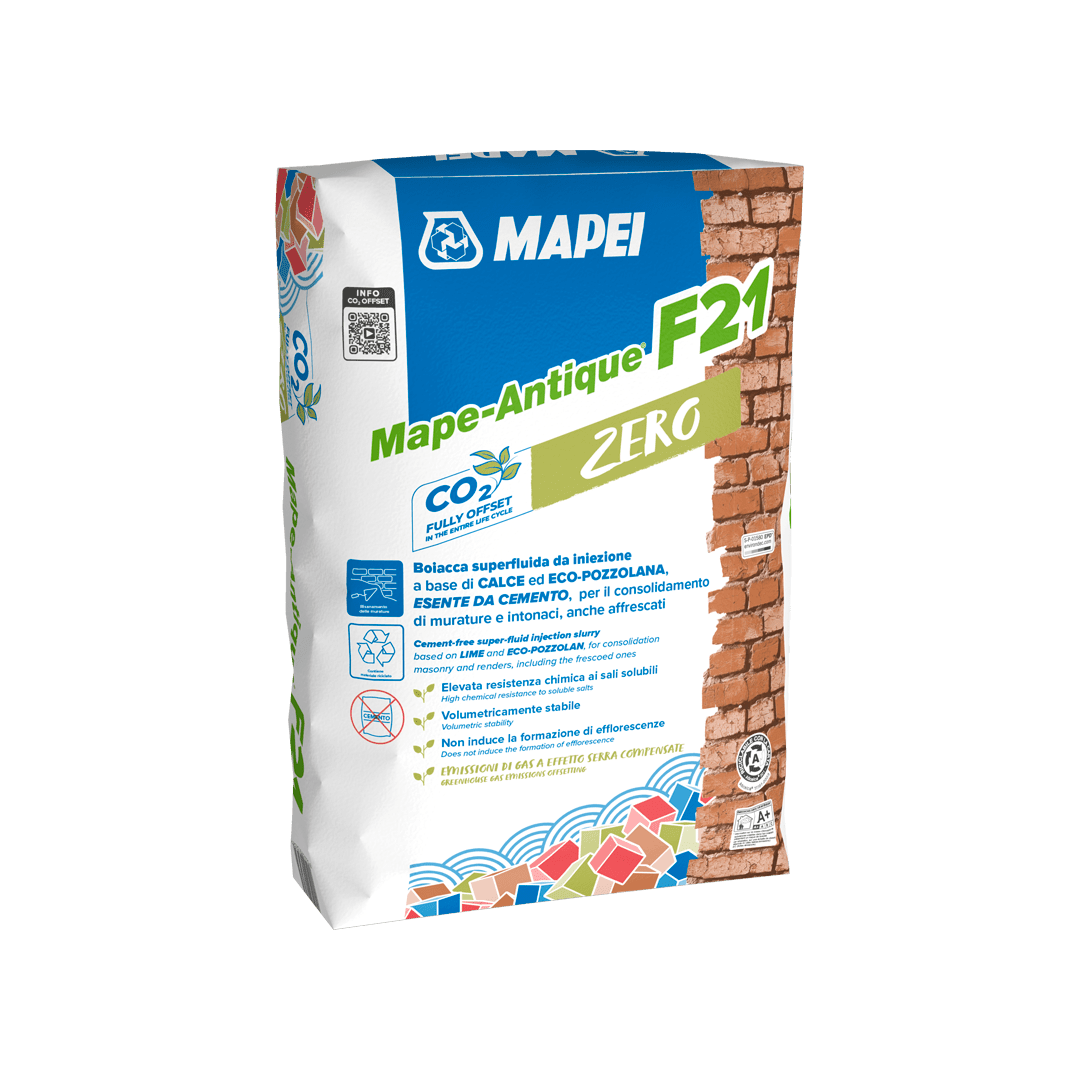
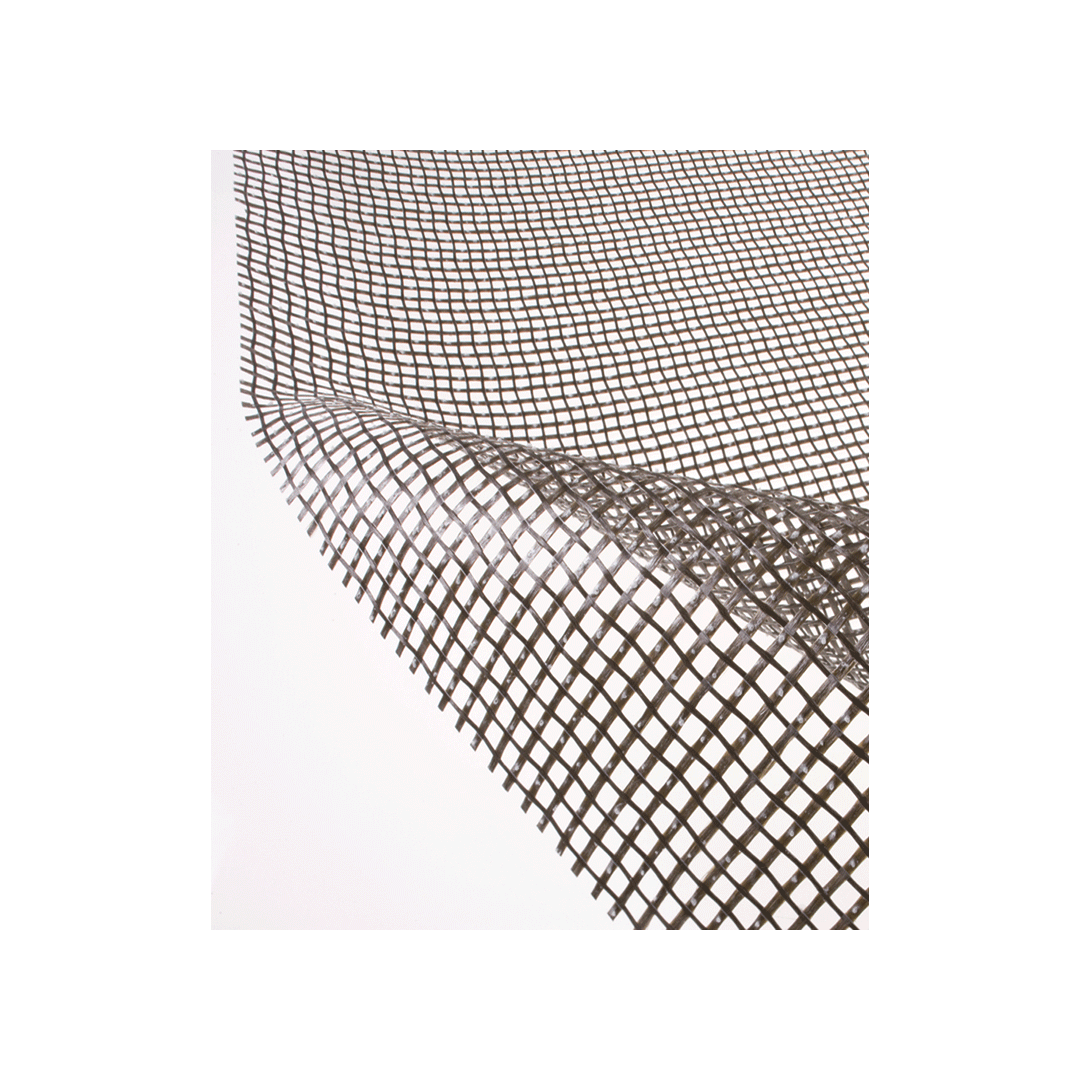
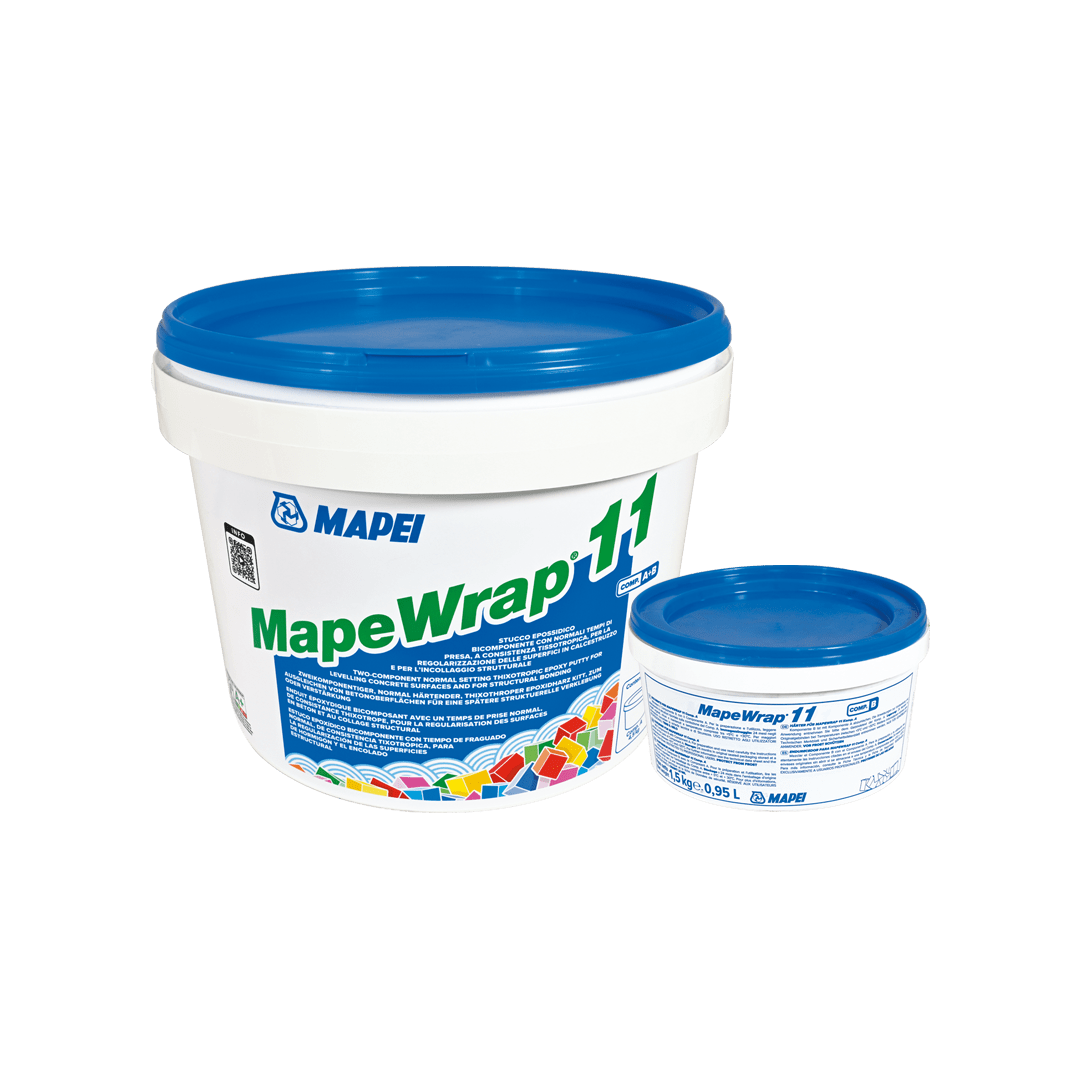
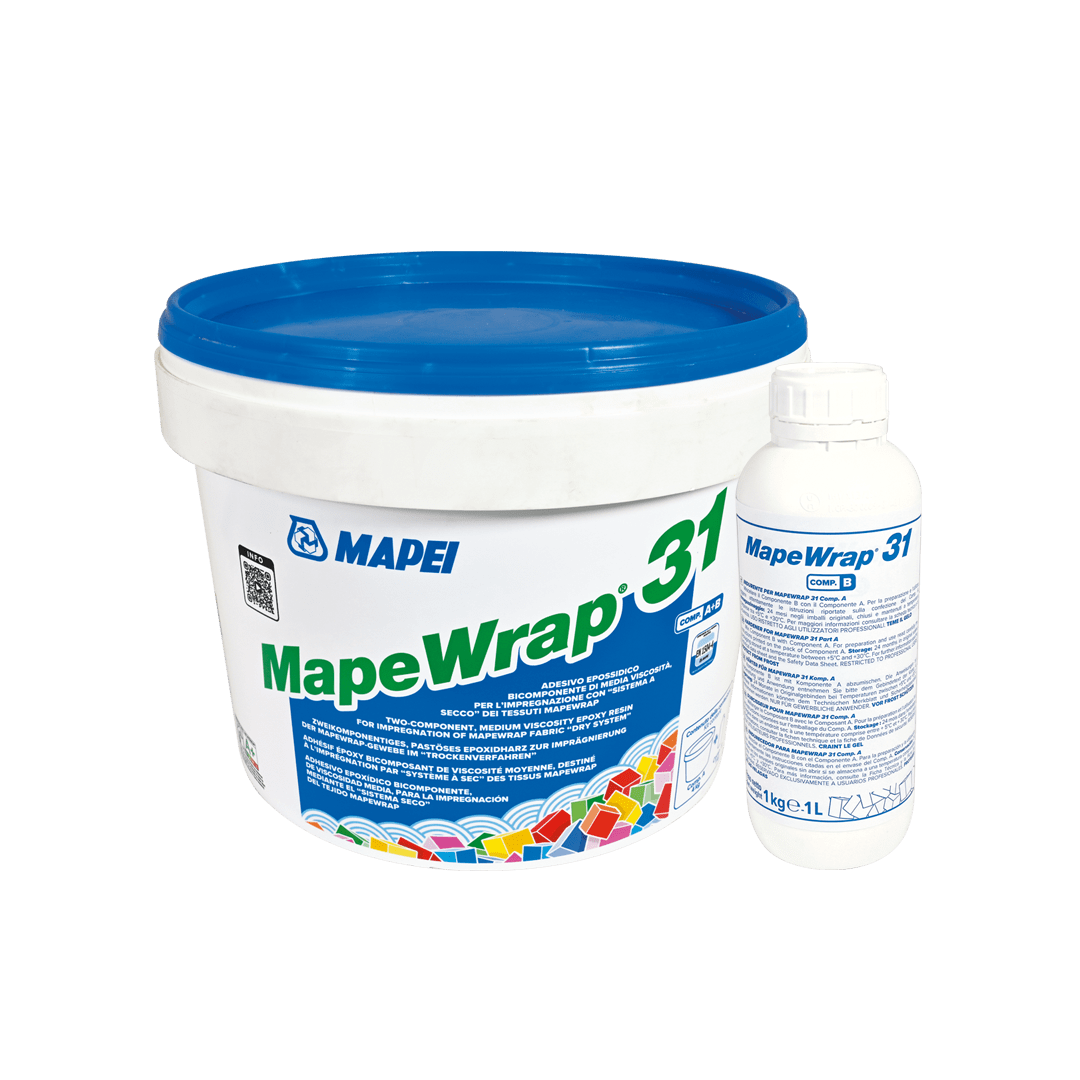



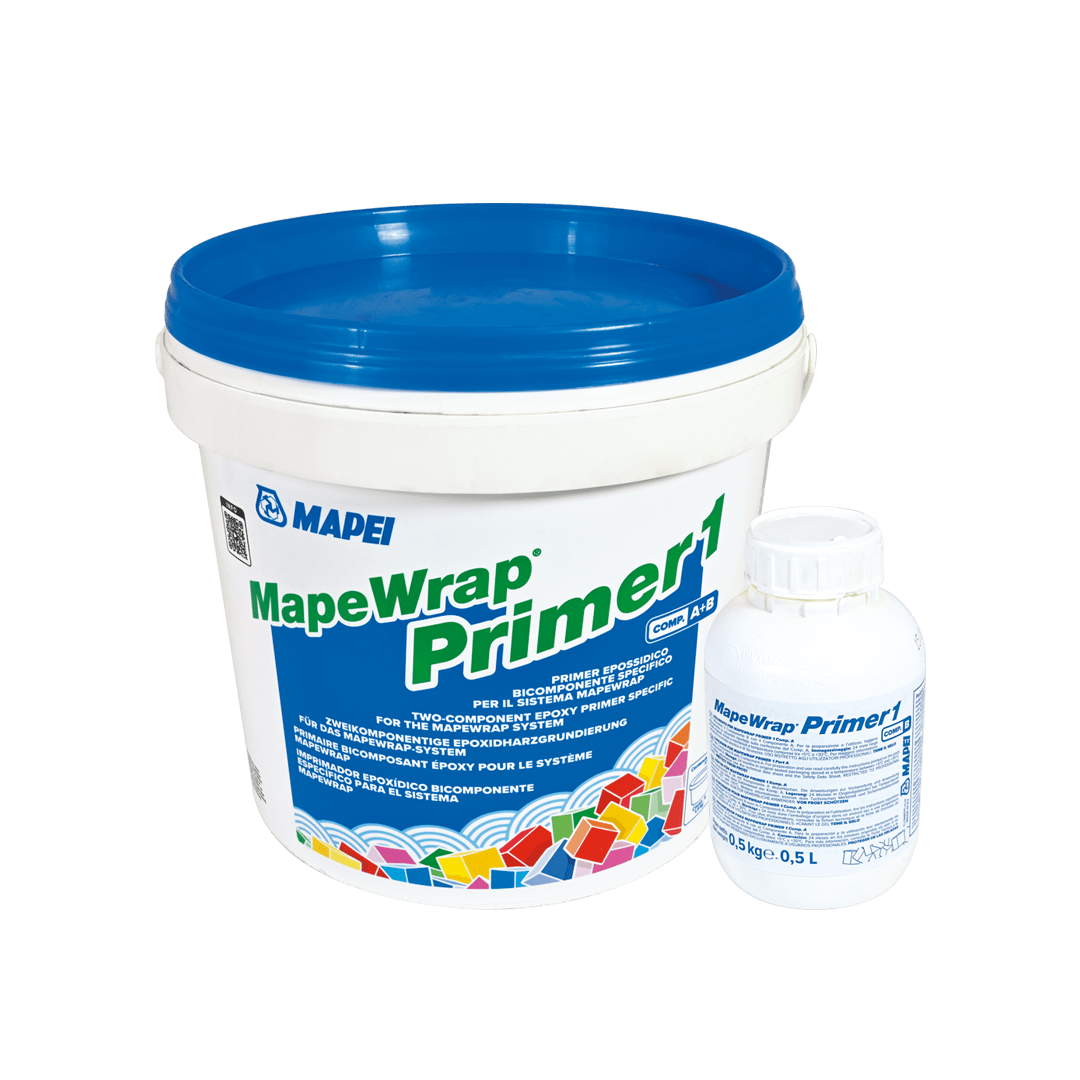
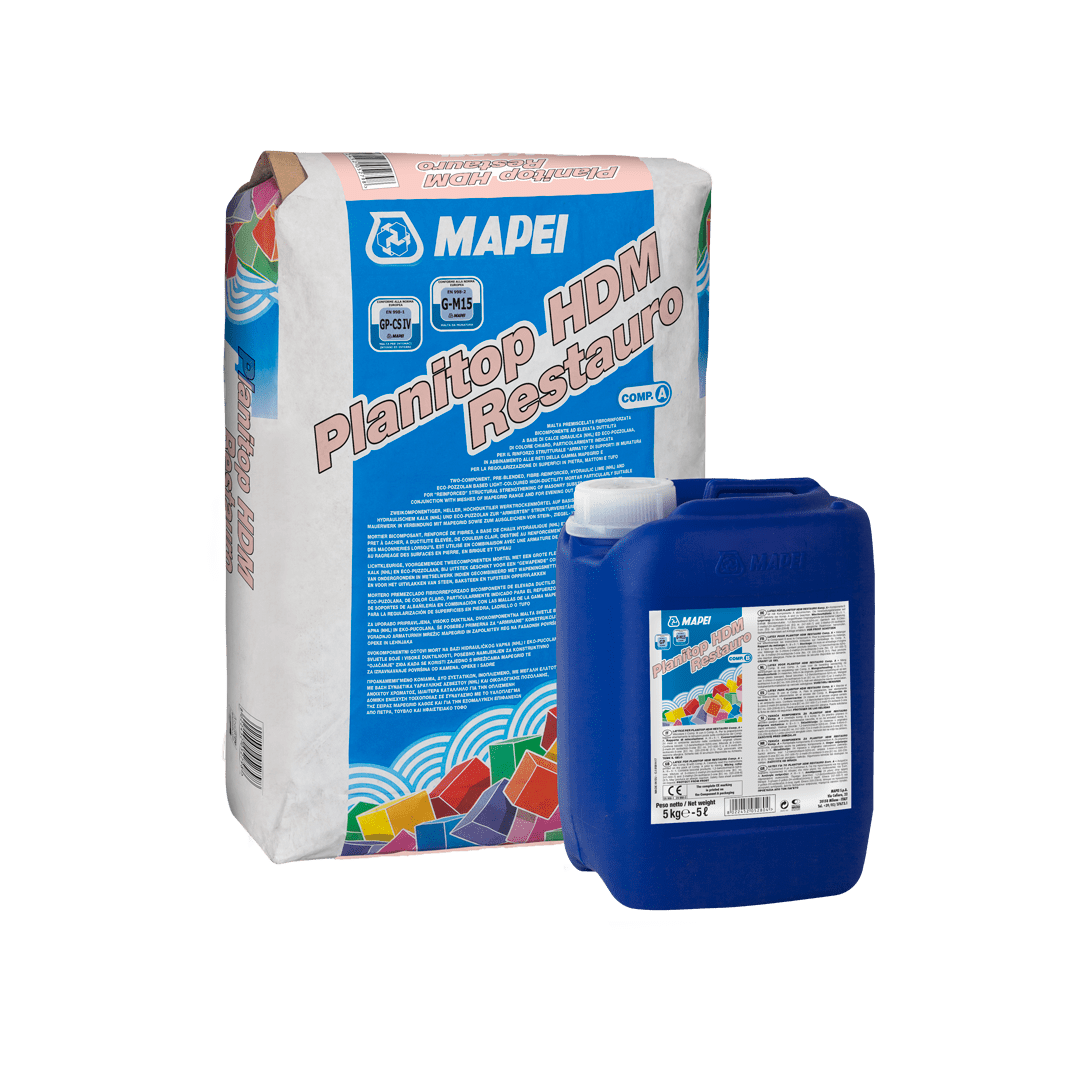
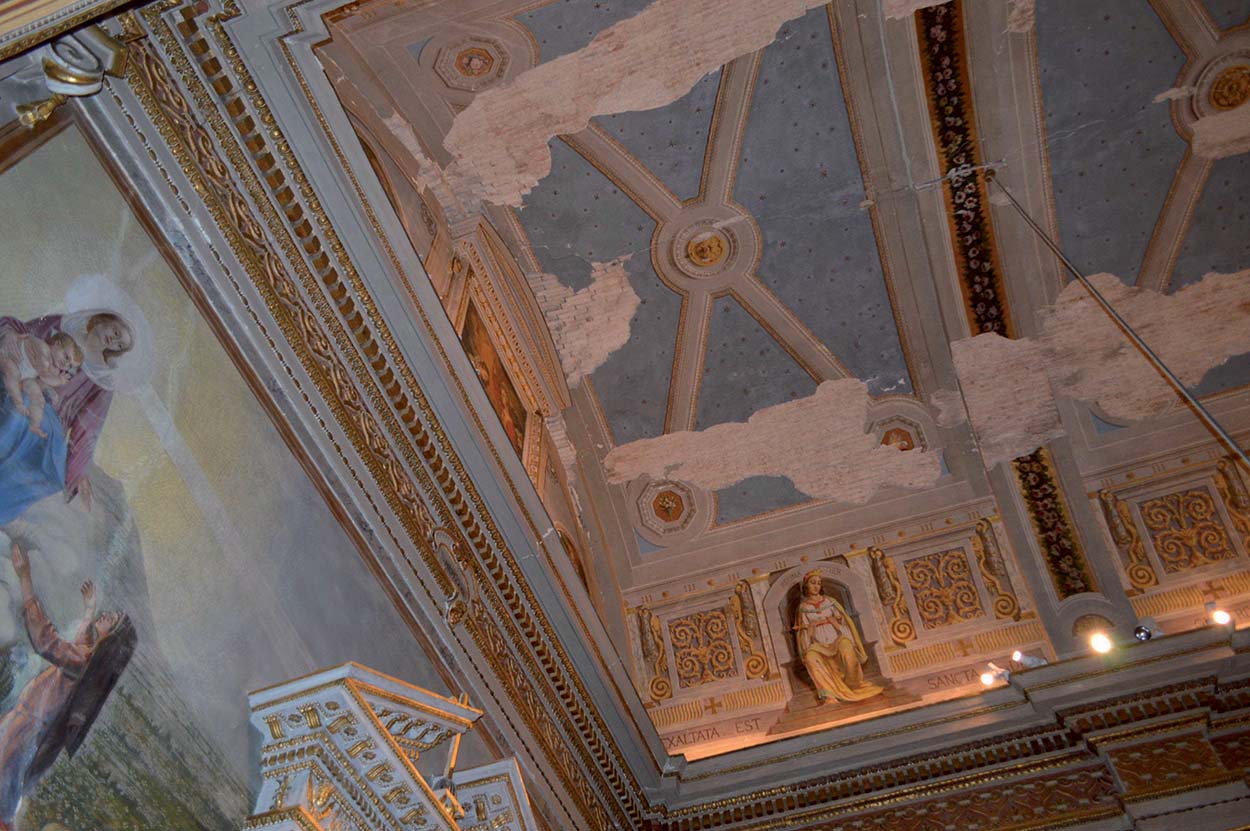
.jpg?sfvrsn=47fc867a_6)


.jpg?sfvrsn=3afc867a_6)
.jpg?sfvrsn=41fc867a_6)
.jpg?sfvrsn=55fc867a_6)
.jpg?sfvrsn=3ffc867a_6)
.jpg?sfvrsn=27fc867a_6)
